|
Other articles:
|

 Sep 10, 2010 . This kid is definitely going to get an A and is probably going to get a beatdown from his project. He earned both.
Jun 29, 2006 . Classical conditioning in everyday life is extremely common. In the area of classroom learning, classical conditioning primarily influences .
Sep 10, 2010 . This kid is definitely going to get an A and is probably going to get a beatdown from his project. He earned both.
Jun 29, 2006 . Classical conditioning in everyday life is extremely common. In the area of classroom learning, classical conditioning primarily influences .

 File Format: Microsoft Powerpoint - Quick View
File Format: PDF/Adobe Acrobat - Quick View
Classical Conditioning 3 min - Feb 22, 2008 - Uploaded by shtellaaa
Classical conditioning has come to mean when two or more events are associated because they occur together. Classical conditioning is commonly associated .
Classical Conditioning can be defined as a type of learning in which a stimulus acquires the capacity to evoke a reflexive response that was originally .
File Format: PDF/Adobe Acrobat - Quick View
File Format: Microsoft Powerpoint - Quick View
File Format: PDF/Adobe Acrobat - Quick View
Classical Conditioning 3 min - Feb 22, 2008 - Uploaded by shtellaaa
Classical conditioning has come to mean when two or more events are associated because they occur together. Classical conditioning is commonly associated .
Classical Conditioning can be defined as a type of learning in which a stimulus acquires the capacity to evoke a reflexive response that was originally .
File Format: PDF/Adobe Acrobat - Quick View

 Aug 10, 2010 . Note: For each of the ten examples below, decide if the behavior in question was acquired through operant or classical conditioning. .
Aug 10, 2010 . Note: For each of the ten examples below, decide if the behavior in question was acquired through operant or classical conditioning. .
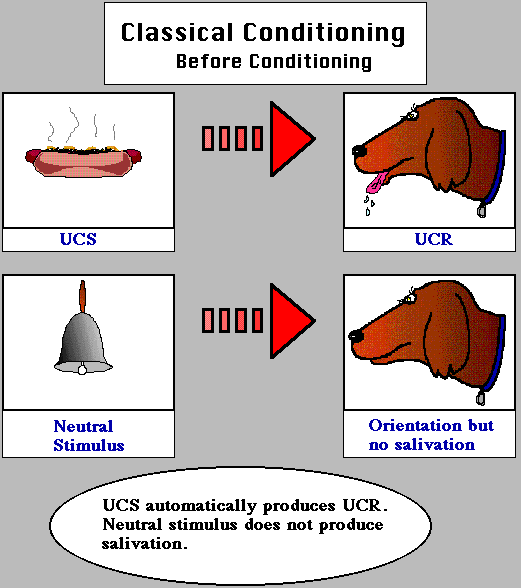 Classical conditioning is a technique used in behavioral training.
Classical Conditioning, part 3. Sometime around the time that Pavlov was doing his research on drooling dogs, John B. Watson was doing his research on .
Classical conditioning is a technique used in behavioral training.
Classical Conditioning, part 3. Sometime around the time that Pavlov was doing his research on drooling dogs, John B. Watson was doing his research on .
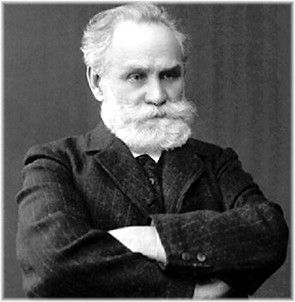 Television violence by itself does not kill you. It destroys your violence immune system and conditions you to derive pleasure from violence.
A process of behavior modification by which a subject comes to respond in a desired manner to a previously neutral stimulus that has been repeatedly .
Television violence by itself does not kill you. It destroys your violence immune system and conditions you to derive pleasure from violence.
A process of behavior modification by which a subject comes to respond in a desired manner to a previously neutral stimulus that has been repeatedly .
 Classical conditioning was accidentally discovered around the beginning of the 20th century by Russian physiologist Ivan Pavlov. .
Classical (Pavlovian) conditioning , first studied by Ivan Pavlov, is a four- step learning procedure involving reflexes. Pavlov became curious about the .
Classical conditioning was accidentally discovered around the beginning of the 20th century by Russian physiologist Ivan Pavlov. .
Classical (Pavlovian) conditioning , first studied by Ivan Pavlov, is a four- step learning procedure involving reflexes. Pavlov became curious about the .
 Classical Conditioning. Quick overview of Classical Conditioning. This page is being updated.
Classical Conditioning. Quick overview of Classical Conditioning. This page is being updated.

 Classical conditioning is one of the best-known concepts of behavioral learning theory. Find information on the elements of classical conditioning.
Classical conditioning is one of the best-known concepts of behavioral learning theory. Find information on the elements of classical conditioning.
 Operant Conditioning vs. Classical Conditioning. When dealing with behavior ( learning or modifying) we are dealing with Operant Conditioning and Classical .
Operant Conditioning vs. Classical Conditioning. When dealing with behavior ( learning or modifying) we are dealing with Operant Conditioning and Classical .
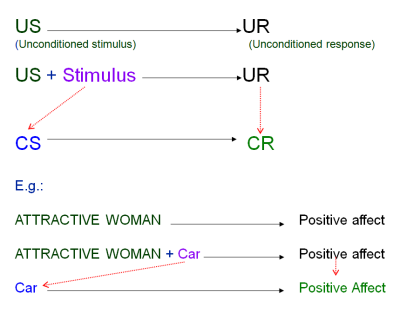 File Format: PDF/Adobe Acrobat - Quick View
File Format: PDF/Adobe Acrobat - Quick View
We will discuss the oldest (within the modern study of psychology) and, one of the most often cited models of learning, classical conditioning. .
Mar 21, 2004 . Classical Conditioning. One important type of learning, Classical Conditioning, was actually discovered accidentally by Ivan Pavlov .
If a stimulus that results in an emotional response is repeated alongside another stimulus which does not cause an emotional response, eventually the second .
In classical conditioning, a previously neutral stimulus acquires the capacity to elicit a response by its association with a stimulus that already elicits .
In this chapter we will look at Classical Conditioning, perhaps the oldest model of change there is. It has several interesting applications to the real .
File Format: PDF/Adobe Acrobat - Quick View
Classical Conditioning at BGSU 2 min - Feb 21, 2008 - Uploaded by CptCubanFury
File Format: PDF/Adobe Acrobat - Quick View
File Format: PDF/Adobe Acrobat - Quick View
We will discuss the oldest (within the modern study of psychology) and, one of the most often cited models of learning, classical conditioning. .
Mar 21, 2004 . Classical Conditioning. One important type of learning, Classical Conditioning, was actually discovered accidentally by Ivan Pavlov .
If a stimulus that results in an emotional response is repeated alongside another stimulus which does not cause an emotional response, eventually the second .
In classical conditioning, a previously neutral stimulus acquires the capacity to elicit a response by its association with a stimulus that already elicits .
In this chapter we will look at Classical Conditioning, perhaps the oldest model of change there is. It has several interesting applications to the real .
File Format: PDF/Adobe Acrobat - Quick View
Classical Conditioning at BGSU 2 min - Feb 21, 2008 - Uploaded by CptCubanFury
 by H Watanabe - 2007 - Cited by 9 - Related articles
This page presents the theories of Operant and Classical Conditioning, and explains how they can be applied for dog training and other animal training.
File Format: Microsoft Powerpoint - Quick View
Summary: Classical conditioning is a reflexive or automatic type of learning in which a stimulus acquires the capacity to evoke a response that was .
Classical conditioning (also Pavlovian or respondent conditioning, Pavlovian reinforcement) is a form of associative learning that was first demonstrated by .
by H Watanabe - 2007 - Cited by 9 - Related articles
This page presents the theories of Operant and Classical Conditioning, and explains how they can be applied for dog training and other animal training.
File Format: Microsoft Powerpoint - Quick View
Summary: Classical conditioning is a reflexive or automatic type of learning in which a stimulus acquires the capacity to evoke a response that was .
Classical conditioning (also Pavlovian or respondent conditioning, Pavlovian reinforcement) is a form of associative learning that was first demonstrated by .

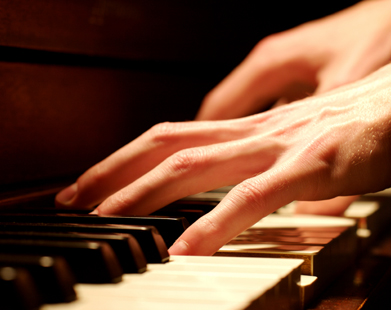 We use the term "classical conditioning" to describe one type of associative learning in which there is no contingency between response and reinforcer. .
We use the term "classical conditioning" to describe one type of associative learning in which there is no contingency between response and reinforcer. .
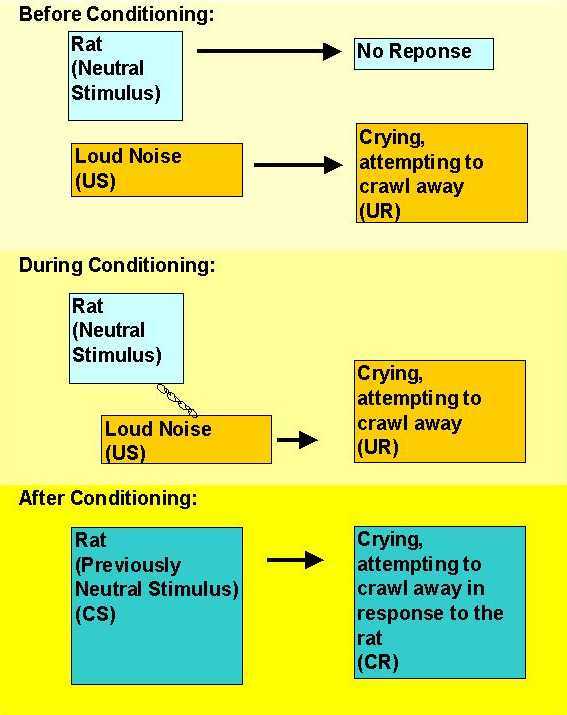 Classical conditioning was the first type of learning to be discovered and studied within the behaviorist tradition (hence the name classical). .
Jun 1, 2010 . Classical conditioning and the 'war on terror' . Effective conditioning requires the reinforcement of the initial event (9/11) with .
File Format: PDF/Adobe Acrobat - Quick View
Features of Classical Conditioning Factors Determining the Effectiveness of Classical Conditioning In addition to food induced salivation other reflexes .
Classical conditioning involves learning to associate an unconditioned stimulus that already brings about a particular response (i.e. a reflex) with a new .
classical conditioning. ón. psychol See also conditioned response the alteration in responding that occurs when two stimuli are regularly paired in close .
Classical conditioning was the first type of learning to be discovered and studied within the behaviorist tradition (hence the name classical). .
Jun 1, 2010 . Classical conditioning and the 'war on terror' . Effective conditioning requires the reinforcement of the initial event (9/11) with .
File Format: PDF/Adobe Acrobat - Quick View
Features of Classical Conditioning Factors Determining the Effectiveness of Classical Conditioning In addition to food induced salivation other reflexes .
Classical conditioning involves learning to associate an unconditioned stimulus that already brings about a particular response (i.e. a reflex) with a new .
classical conditioning. ón. psychol See also conditioned response the alteration in responding that occurs when two stimuli are regularly paired in close .
 Relatively simple forms of learning: habituation, classical conditioning, . B. The basic paradigm of classical conditioning: A formerly neutral stimulus .
Classical Conditioning - Ivan Pavlov 4 min - Sep 13, 2008 - Uploaded by BullyingNewsVideos
Relatively simple forms of learning: habituation, classical conditioning, . B. The basic paradigm of classical conditioning: A formerly neutral stimulus .
Classical Conditioning - Ivan Pavlov 4 min - Sep 13, 2008 - Uploaded by BullyingNewsVideos
 Free computer demonstration of Operant Conditioning.
Psychologists distinguish two types of associative learning: the classical conditioning and the operant conditioning. Classical conditioning will be .
Free computer demonstration of Operant Conditioning.
Psychologists distinguish two types of associative learning: the classical conditioning and the operant conditioning. Classical conditioning will be .
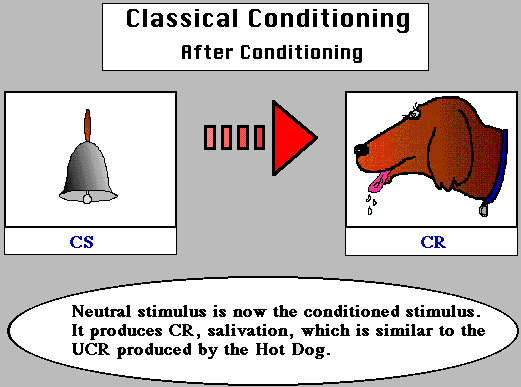 by I Pavlov - Related articles
Nov 13, 2010 . Seldom does one appreciate the classical conditioning of everyday life By Ezequiel Morsella.
Simply put, classical conditioning helps your dog form positive associations with all sorts of stimuli. Let's say your puppy has grown to be scared of men. .
File Format: PDF/Adobe Acrobat - Quick View
We use the term classical (or Pavlovian) conditioning to describe one type of associative learning in which there is no contingency between the behavior .
In classical conditioning, behaviors are increased in one of two ways: . How do you decrease behavior through classical conditioning? .
Interested in Classical Conditioning? Here some examples for helping to understand how classical conditioning works.
Sitemap
by I Pavlov - Related articles
Nov 13, 2010 . Seldom does one appreciate the classical conditioning of everyday life By Ezequiel Morsella.
Simply put, classical conditioning helps your dog form positive associations with all sorts of stimuli. Let's say your puppy has grown to be scared of men. .
File Format: PDF/Adobe Acrobat - Quick View
We use the term classical (or Pavlovian) conditioning to describe one type of associative learning in which there is no contingency between the behavior .
In classical conditioning, behaviors are increased in one of two ways: . How do you decrease behavior through classical conditioning? .
Interested in Classical Conditioning? Here some examples for helping to understand how classical conditioning works.
Sitemap
|









































